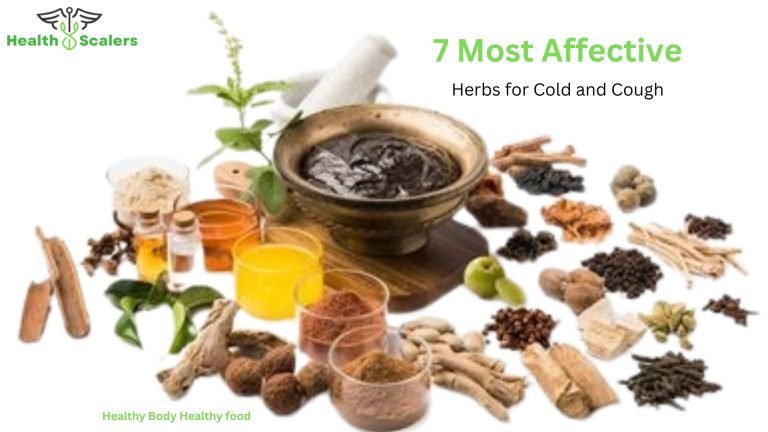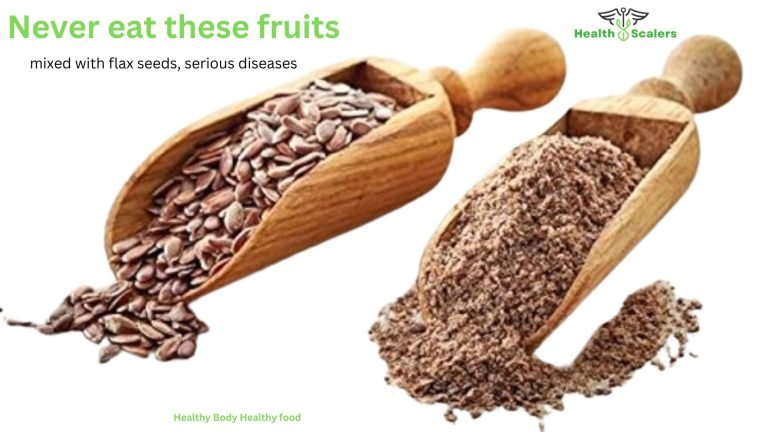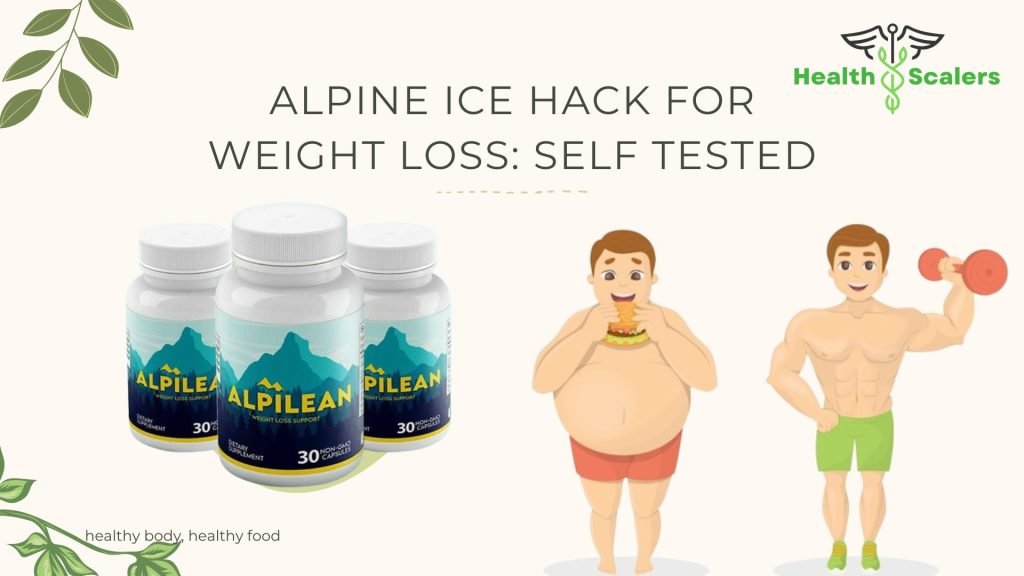
Mouth Cancer
Welcome to a journey where we unravel the intricate relationship between non-vegetarian food and the potential risk of developing mouth cancer. In this blog, we will delve into the specifics, drawing from factual data and personal insights to provide you with a holistic understanding of the topic.
What is Mouth Cancer?
Mouth cancer, also known as oral cancer, is a type of cancer that can develop in any part of the mouth, including the lips, tongue, gums, and throat. It is essential to be aware of the various types and their characteristics to promote early detection and effective treatment.
Types of Mouth Cancer
Squamous Cell Carcinoma
Squamous cell carcinoma is the most common type of mouth cancer, often originating in the flat cells lining the oral cavity. Early detection is crucial for successful treatment.
Key Characteristics
- Begins as a small, painless lump or ulcer
- Commonly found on the tongue, lips, or floor of the mouth
Verrucous Carcinoma
This type is a less aggressive form of mouth cancer, characterized by wart-like growths. Although it grows slowly, early intervention is still vital.
Key Characteristics
- Slow-growing with a cauliflower-like appearance
- Rarely spreads to other parts of the body
Adenocarcinoma
Adenocarcinoma originates in the salivary glands, making up a small percentage of mouth cancer cases.
Key Characteristics
- Develops in the salivary glands
- May cause difficulty in swallowing and speaking
Exploring the Link Between Non-Veg Food and Mouth Cancer

Red Meat and Processed Meat
- Analyzing the impact on oral health
- Factual data on red and processed meat consumption
Grilled and Charred Meats
- The role of cooking methods
- Potential carcinogens in grilled meats
The Science Behind the Connection
Carcinogens in Non-Veg Food
- Understanding the chemical compounds
- How these substances affect oral tissues
Inflammatory Response
- Chronic inflammation and its link to cancer
- Non-vegetarian diet and its role in inflammation
Identifying Risk Factors and Protective Measures

Other Risk Factors
- Tobacco and alcohol consumption
- Genetic predisposition
Protective Measures
- Importance of regular dental check-ups
- Dietary modifications for oral health
How to Make Informed Choices
Balanced Diet Approach
- Incorporating variety for overall health
- Moderation in non-veg consumption
Educational Campaigns and Awareness
- The role of public awareness
- Encouraging responsible dietary habits
Empowering Choices for a Healthier Tomorrow
As we conclude our exploration, it is essential to empower ourselves with knowledge and make informed choices. By understanding the nuances of the relationship between non-veg consumption and mouth cancer, we can take proactive steps towards a healthier and more conscious lifestyle.
Remember, this blog is not meant to dissuade you from enjoying non-vegetarian delicacies but aims to shed light on the importance of moderation and balance for overall well-being.
Take charge of your health journey, and let’s strive for a future where informed choices pave the way for a mouth cancer-free society.




